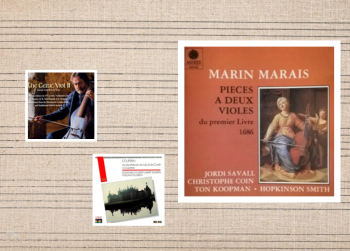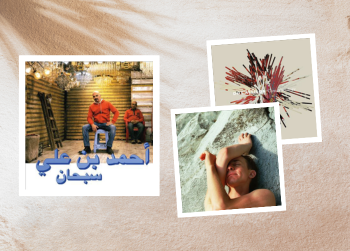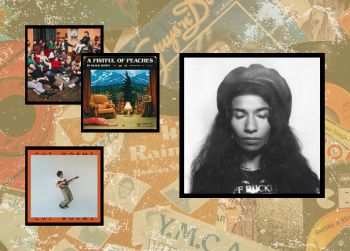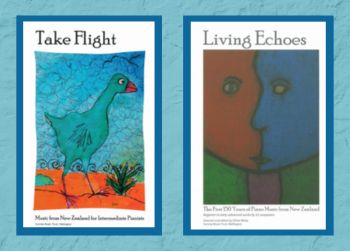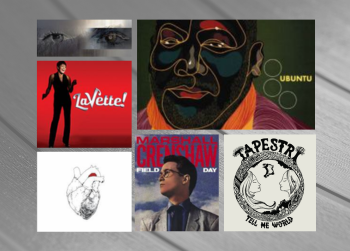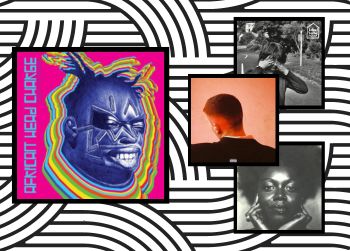Strike the viol, touch the lute,
Wake the harp, inspire the flute.
Sing your patroness’s praise,
In cheerful and harmonious lays.
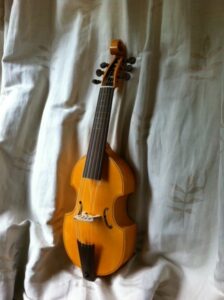
The viol — a bowed, fretted string instrument also known as a viola da gamba — rose to prominence in Europe at the end of the fifteenth century, and by the seventeenth century, it was one of the most popular ensemble and solo instruments. In Renaissance England, the viol consort, a group of viols of different sizes (treble, tenor, and bass), was one of the preeminent ensembles of the day, playing extraordinarily complex music; right through to the mid-eighteenth century, the viol remained an important solo instrument, especially for French and German composers. Eclipsed by the violoncello in the eighteenth and nineteenth century, the viol was relegated to the status of a quaint relic until the ‘early music revival’ of the twentieth century reignited interest in viols and their music. Today, different members of the viol family can be found in many ensembles — and not only those specialising in early music or historical performance. The sound of viols and the virtuosity of their players inspire increasing numbers of contemporary composers (Nico Muhly, Sally Beamish, James MacMillan, and New Zealand’s own Yvette Audain, and Ross Harris to name a few) to write music for solo and ensemble viols.
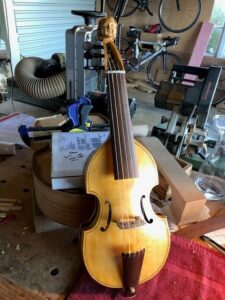
Locally, Wellington is home to Aotearoa’s only viol consort, the Palliser Viols. While the repertoire of the group is predominantly that of the sixteenth and seventeenth centuries, they also demonstrate the versatility of the viol by commissioning and performing new works including Ross Harris’s Gaudete and Image of Melancholy, Dame Gillian Karawe Whitehead’s Douglas Lilburn, travelling on the Limited, regards the mountains in the moonlight and Colin Decio’s Lord have Mercy. And, perhaps more unexpectedly, there is a specialist maker of viols based in Wellington as well: Alan Clayton’s beautiful instruments — which he makes on commission from musicians here and overseas — can sometimes be seen at Alastair’s Music in Cuba Street. Today’s blog explores some of the recordings of music played by viols in different combinations and emerging from different countries and eras.
Continue reading “Strike the Viol! Renaissance and Baroque Music for Viola da Gamba”


